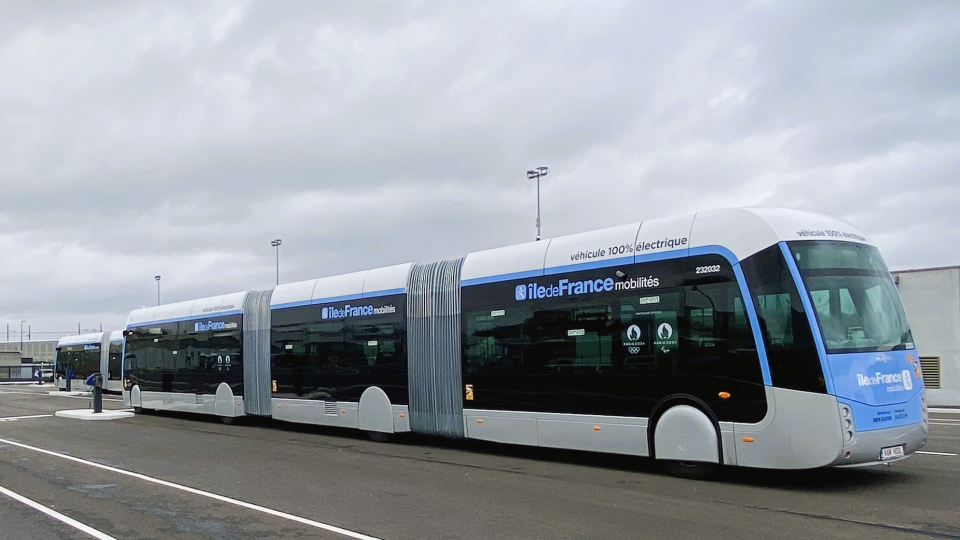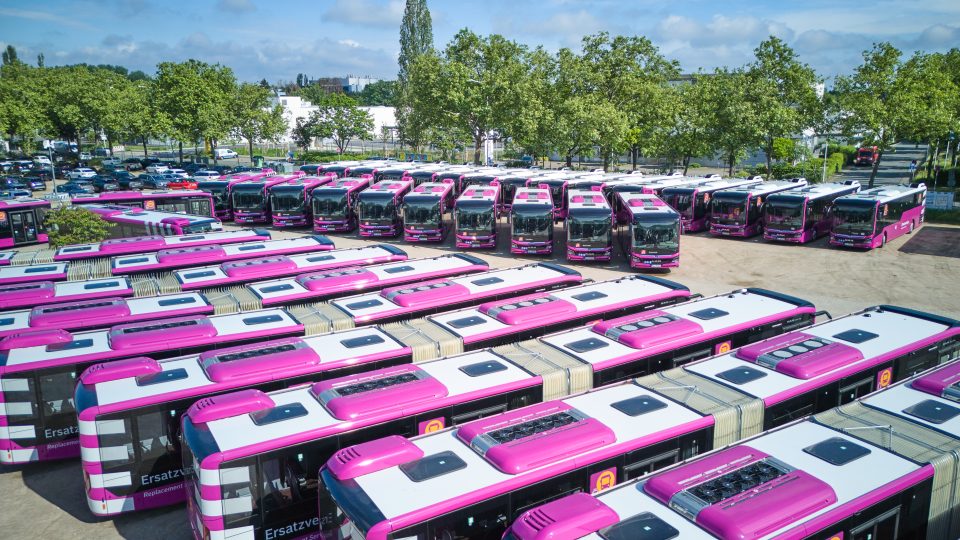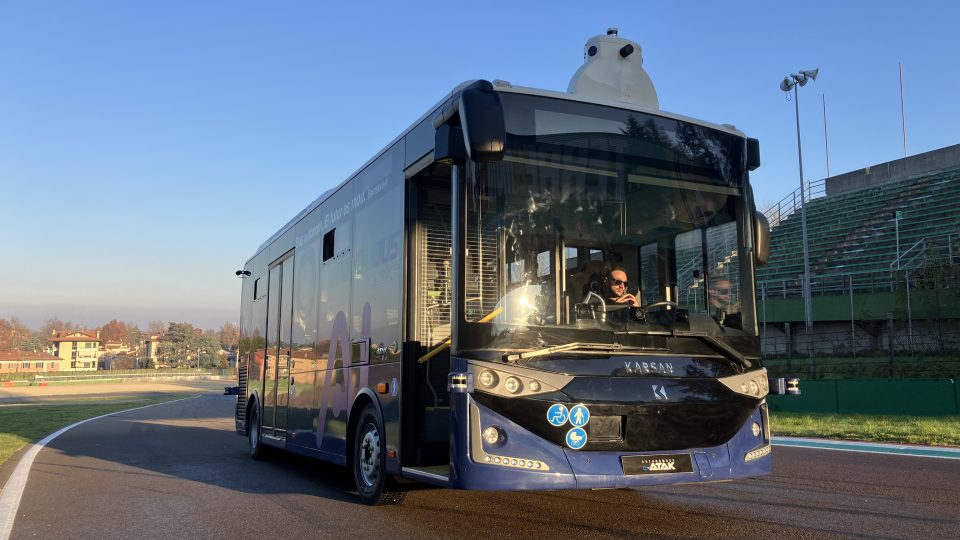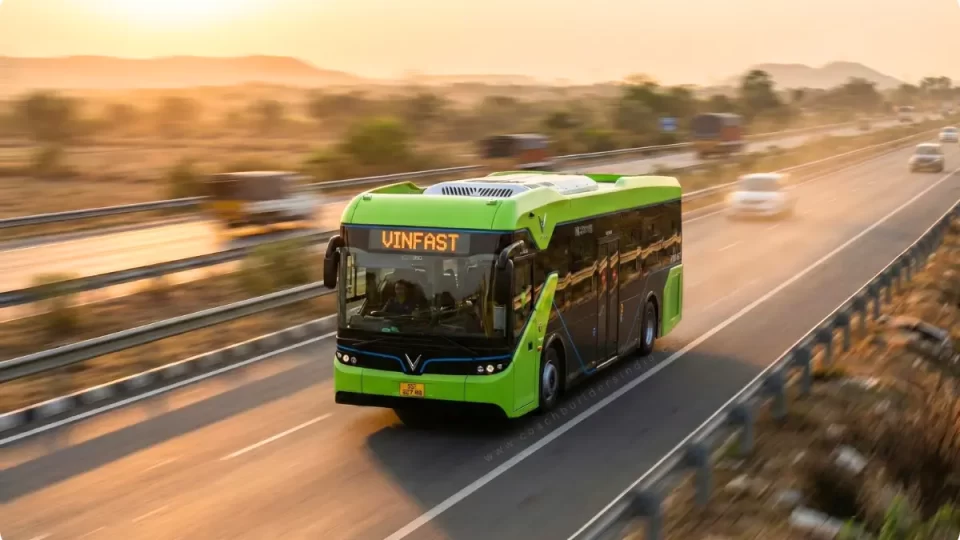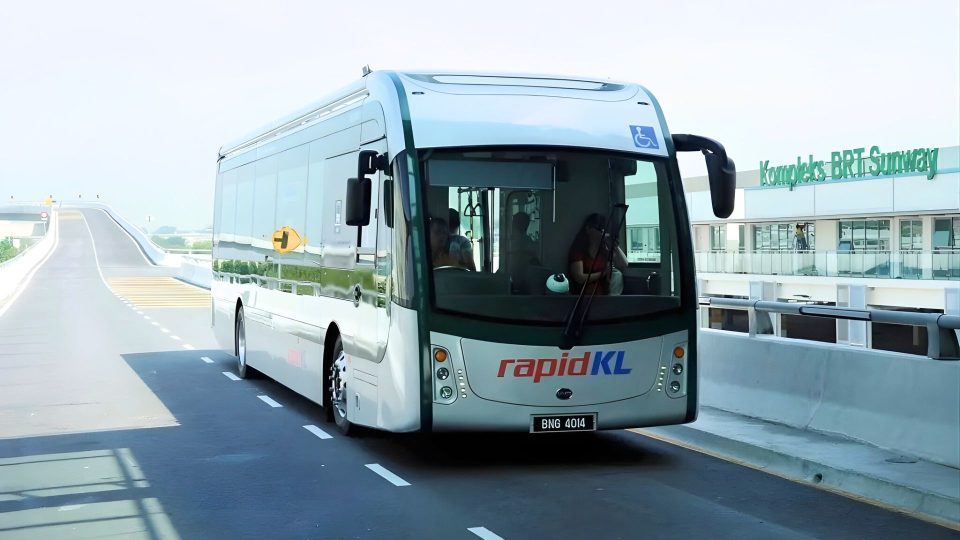Skoda Group launches Italian subsidiary (headed by Olesea Lachi)
On Friday 28 October, Škoda Group opened the office of its new subsidiary in Florence, Italy. Olesea Lachi, who has long been responsible for sales of rolling stock in the Group, has become the managing director of the subsidiary. In Italy, Škoda Group says “it will focus its attention on train transport and rolling stock […]
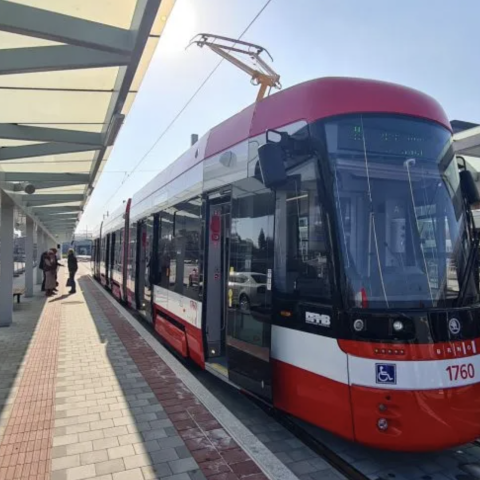
On Friday 28 October, Škoda Group opened the office of its new subsidiary in Florence, Italy. Olesea Lachi, who has long been responsible for sales of rolling stock in the Group, has become the managing director of the subsidiary.
In Italy, Škoda Group says “it will focus its attention on train transport and rolling stock for urban transport. It will offer its partners a comprehensive solution – from the manufacture of individual components to the delivery of complete vehicles and their subsequent maintenance”. Given this statement, it should be excluded that e-buses may be included in the offer.
Skoda Group Italian subsidiary launched in Florence
By making a similar decision in the past, Škoda Group has entered the German and Finnish markets. Nevertheless, Škoda Group has already worked on several orders for Italian customers in the past. Its trolleybuses can be seen in Bologna or Cagliari, where the Group has also supplied trams. Passengers can take electric units for a ride in Domodossola. Italy is thus one of the fifty countries where Škoda has delivered its products.

With this move, the largest Czech manufacturer of vehicles for public transport strengthens its position on the international market. To mark the festive opening of the subsidiary’s office, the Group organised an event called “Tram Revolution”, which was attended by representatives of Italian institutions and industry experts.
During Friday’s roundtable, opinions, studies, experiences, and specific programmes on the future of mobility were gathered among needs, urban limits, combined strategies, and future projects. Discussions were held on how to sustainably improve the vitality of historic cities such as Tuscany, which characterise Italy in a distinctive way. “The experience of Florence speaks for itself: the tram is essential for the daily life of cities, changing and improving them,” said Florence Mayor Dario Nardella.
“The specifics, preferences and habits of Italian operators are like the Czech ones. Many cities in both countries are UNESCO heritage sites and offer stunning historic centres characterised by narrow streets, arches with small, curved radius, which place higher demands on vehicle manufacturers. Medium-sized cities have a long tradition of trolleybus transport, but often have to cross several sections without catenary. The countries are also linked by their focus on the Green Deal and sustainable mobility solutions. All this together makes the Škoda Group particularly focused on the Italian market,” says Olesea Lachi, Managing Director of Škoda Group’s Italian subsidiary.
Skoda highlights that “The tram route appears to be a throwback to the past, but instead is a modern and efficient infrastructure and a symbolic example of virtual mobility. In the city of the future, according to Škoda Group, the tram is self-driving and runs completely safely thanks to the latest technology. Soon, battery-powered vehicles that are not only environmentally friendly and sustainable, but also able to move more quickly in historic centres with narrow streets, will be more common in cities“.


